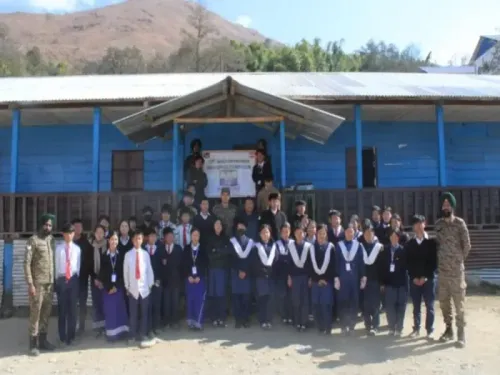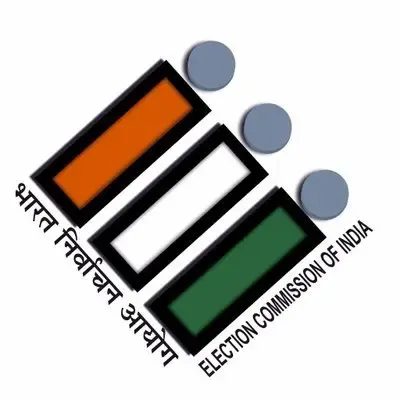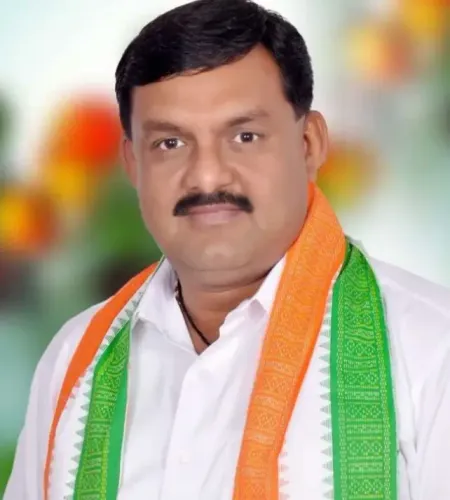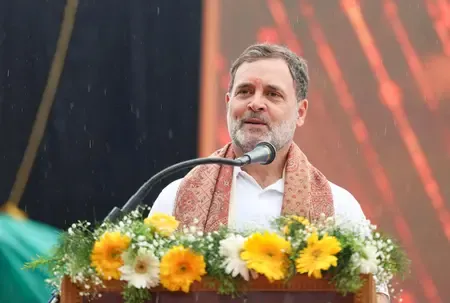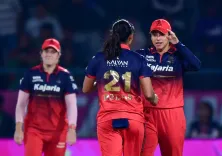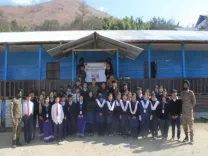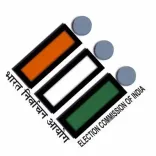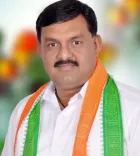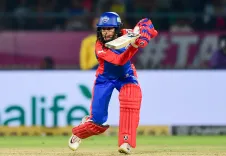Bihar: Women Candidates Create Milestones in PUSU Elections
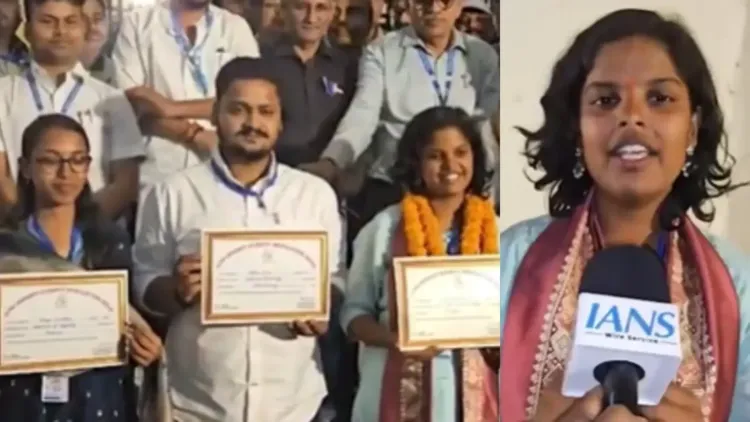
Synopsis
Key Takeaways
- Three key positions in PUSU were won by women.
- Akhil Bharatiya Vidyarthi Parishad’s Maithili Mrinalini became the first female president.
- 45% voter turnout was recorded in the elections.
- Saloni Raj and Soumya Srivastava also secured significant roles.
- The elections indicate a shift towards greater female leadership.
New Delhi, March 30 (NationPress) The Patna University Student Union (PUSU) elections have achieved a remarkable milestone as women candidates have secured three significant positions, including the prestigious president’s role, for the very first time.
Akhil Bharatiya Vidyarthi Parishad’s (ABVP) Maithili Mrinalini won the Presidential election, marking a historic moment in the university’s 107-year journey where a woman has ascended to the top position.
This election saw a 45% voter turnout, with Mrinalini garnering 3,524 votes to defeat NSUI’s Manoranjan Raja, who received 2,921 votes, finishing second by a margin of 603 votes.
Independent candidate Dheeraj Kumar triumphed in the vice president’s election. In addition to Mrinalini’s victory, Saloni Raj emerged as the General Secretary, while Soumya Srivastava took the Treasurer’s position, solidifying this election as a groundbreaking event for female leadership in student governance.
After her win, Maithili Mrinalini expressed her heartfelt appreciation to the students, recognizing the significant responsibility her new role entails.
“First and foremost, I want to express my heartfelt gratitude to all. A huge, huge thank you from the bottom of my heart for coming here, showing your support, and placing your trust in us,” she shared with IANS.
Maithili Mrinalini further noted that she is not only filled with joy but also acutely aware of the profound responsibility that accompanies her position.
“The faith you (students) have shown in us is something we never want to let down,” she assured.
The elections featured fierce competition between the student factions of the two leading political parties, ABVP and NSUI. The Jan Suraaj party had initially presented a candidate but later withdrew, offering full support to NSUI.
With around 20,000 eligible voters across 12 colleges, the elections attracted significant attention. Voting was conducted in a single day, with the counting of votes occurring that same night.
The results indicate a notable shift in the university’s student politics, highlighting increased female involvement and leadership.


